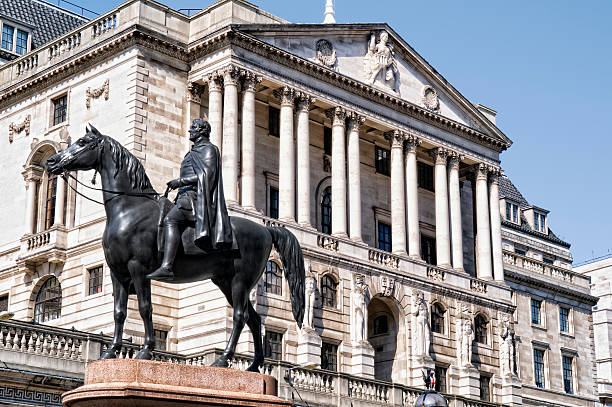
The ‘economic emergency has only just begun’, Rishi Sunak said on November 25 as he announced forecasts that show the UK economy contracting 11.3% this year and the deficit reaching almost £400 billion.
Armageddon’ outta here
Unusually The Spectator put the knife into its former editor, Boris Johnson in its November 28 issue. It points out that while every country was blindsided by the pandemic; few governments responded to it by borrowing as much as Britain.
When the economic future is uncertain, canny companies monitor cashflow like hawks and this new feature in Forecast 5, which allows daily cash forecasts rolled out over 90 days, is invaluable.
The figures that Rishi Sunak laid out in his spending review at the end of November, the magazine says, boggle the mind. He has been Chancellor barely 10 months, yet has already borrowed more than Gordon Brown did in 10 years. The upshot of his Commons’ statement was that Sunak will carry on spending money as fast as the Bank of England can print it. But as he knows, debt bubbles have a habit of bursting. The response to this crisis may sow the seeds of the next one.
£450 billion printed
The fusion of No. 10 and the Treasury — a move that led to the resignation of Sajid Javid — has changed the role of the Chancellor. Once, the occupant of No. 11 set spending limits. Now Sunak jokes his role is to cash the cheques Boris Johnson likes to write (‘I should take his credit card away,’ he said.) The Bank of England’s printing presses have created £450 billion so far, with more on the way. We know what to expect next: an asset surge to benefit the richest, or inflation to punish savers; perhaps a new credit crunch.
Perhaps these figures seem like small beer to the Sunaks, if The Guardian report on November 27 is accurate. It says that Akshata Murty, who married Sunak in 2009, is the daughter of one of India’s most successful entrepreneurs. Her father co-founded the technology giant Infosys, and her shares in the company are worth £430m, making her one of the wealthiest women in Britain, with a fortune larger than the Queen’s. Sunak didn’t declare this when he was appointed.
Merryn Somerset Webb, editor of MoneyWeek says in her November 20 editorial that there is a general view that now is not the time to sort out public finances. Just print as much money as you like and use taxes to slow down the economy if inflation starts to tick uncomfortably high.
Unpalatable solutions
It is not a view she shares. Financial repression, where the private sector is effectively forced to buy government bonds to keep yields below inflation, looks to be getting closer. The Bank of England governor and the Chancellor have both been talking about how we can be “encouraged to offer our capital to finance post-COVID recovery”—potentially a long-term transfer of wealth from savers to debtors and from the private sector to the state.
It couldn’t happen here? Our scribe, Jill Day, is writing this from Zimbabwe, renowned as having had the highest inflation rate in 2008 and, at an annualised rate of 575%, fast heading back that way. Commercial banks are forced to buy Treasury bonds, repayable in the blue skies’ future, with 30% of their capital. The local currency, pinned at parity to the greenback just two years ago, is now trading at ZWL81: US$1 officially and ZWL110:US$1 unofficially. There are no dollars available officially. In a cunning wheeze, the government has developed a third currency, Nostro. You pay your foreign currency into it and then you can’t get it out. And the bank charges are 10 times as high as for accounts in the local currency.
Should the pound, under pressure from COVID, inflation, Brexit and government spending, suddenly devalue, will you be able to buy raw materials, pay staff, stay in business? How accurate is your budgeting? Find out by:
Clicking here for a 21-day free trial of Forecast 5, the acclaimed economic forecasting program.
Photocredits Depositphotos, IStock